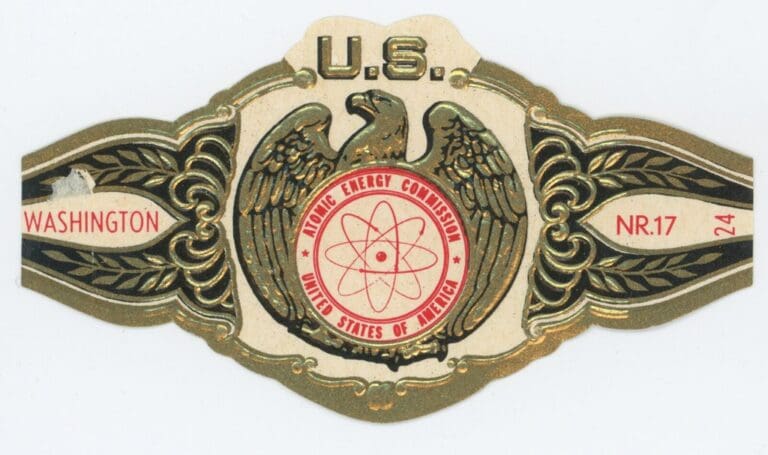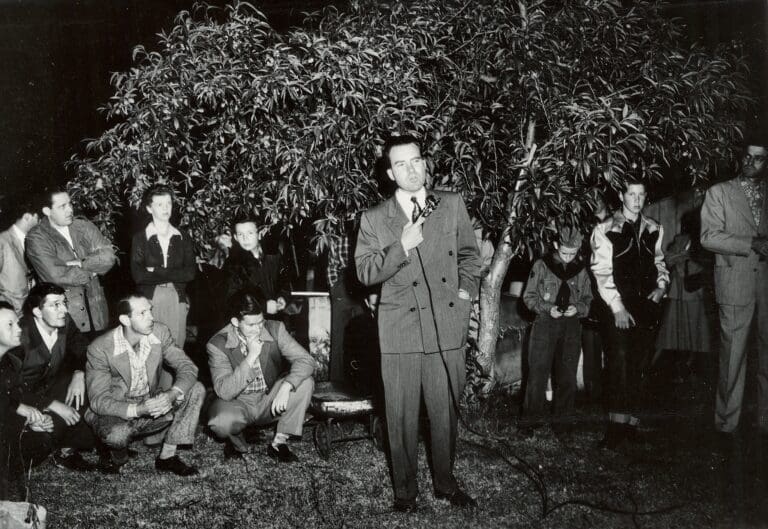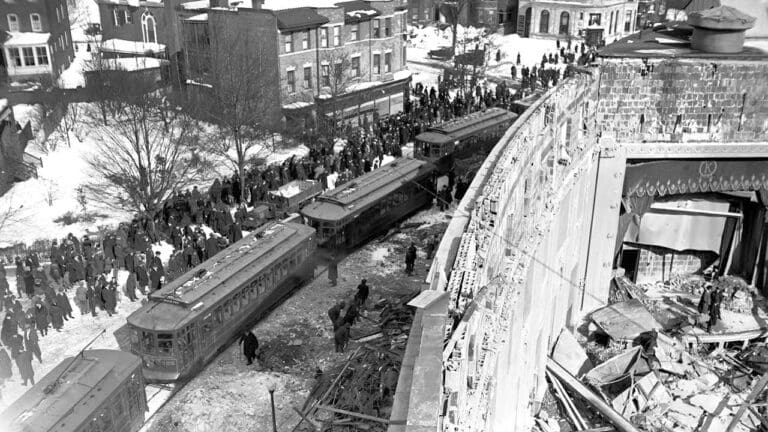As we progress further into the 21st century, many jobs that were once considered essential have become obsolete due to technological advances and changes in consumer behavior.
This article explores a collection of professions that thrived in past decades but have since faded into history, overshadowed by digital innovation and automation. Understanding the evolution of these roles sheds light on the ever-changing landscape of the workforce and prepares us for the future.
15. CD-ROM Multimedia Producer

In the 1990s, CD-ROM multimedia producers were in high demand, creating interactive content for educational software, encyclopedias, and games. They combined text, images, audio, and video into engaging experiences. However, with the rise of the internet and digital downloads, this role became obsolete by the early 2000s.
14. Arcade Attendant

Arcade attendants were once essential in bustling video game arcades, maintaining machines, assisting players, and managing prize redemptions. With the rise of home gaming consoles and mobile devices, traditional arcades have largely disappeared, taking this nostalgic job with them. While some modern entertainment centers still employ similar roles, the classic arcade attendant position is now a relic of the past.
13. Newspaper Classified Ad Taker

Before online platforms revolutionized advertising, newspaper classified ad takers were essential. These professionals assisted customers in crafting and placing ads in print newspapers. They managed payment, ensured proper categorization, and often provided advice on ad effectiveness. The rise of digital classifieds like Craigslist has largely eliminated this once-common position.
12. Word Processor

Word processors were essential office workers in the 1980s and early 1990s, using dedicated machines or early computer software to type, edit, and format documents. As personal computers and user-friendly word processing software like Microsoft Word became ubiquitous, this specialized role became obsolete, with general office staff taking on document creation tasks.
11. Encyclopedia Salesperson

In the pre-internet era, encyclopedia salespeople went door-to-door, offering comprehensive knowledge sets. Britannica, the industry leader, reached peak sales of $650 million in 1990. However, as digital resources became prevalent, the need for physical encyclopedias diminished, rendering this once-lucrative profession obsolete.
10. Floppy Disk Manufacturer
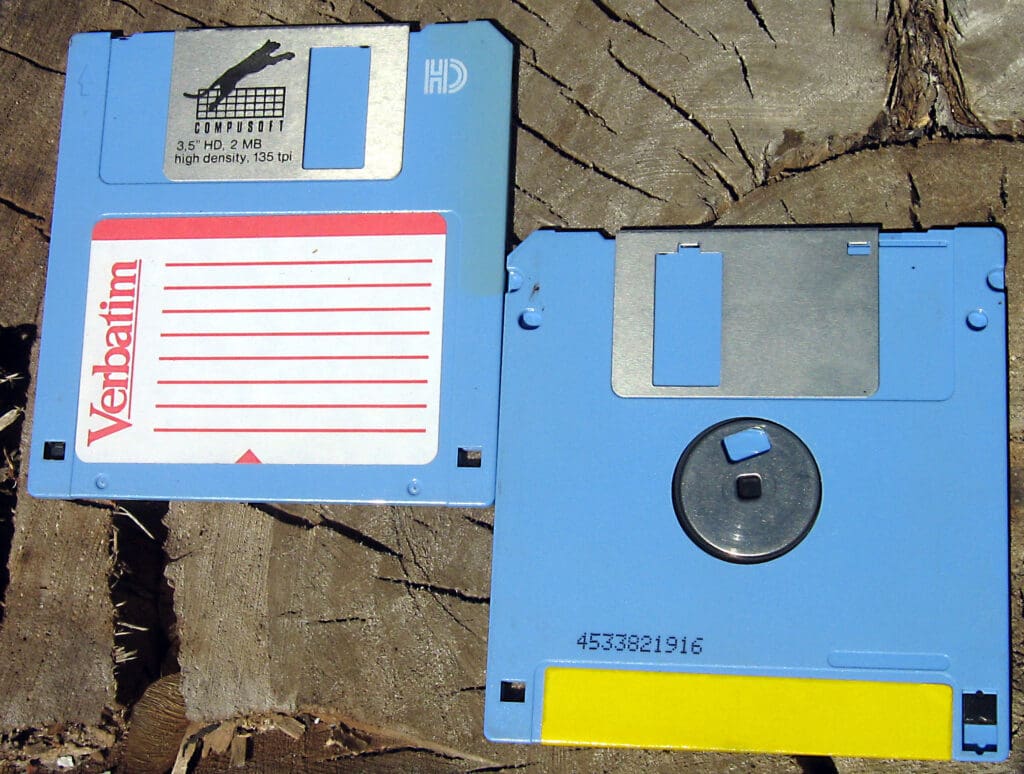
Floppy disks were once the primary means of data storage and transfer. Companies like 3M, Verbatim, and BASF dominated the market, producing millions of disks annually. However, as technology advanced, the demand for floppy disks plummeted. Today, only a handful of manufacturers remain, catering to niche markets and legacy systems.
9. Pager Salesperson

In the 1980s and 1990s, pager salespeople were in high demand as these devices became essential for professionals and emergency services. They showcased various models, explained features, and helped customers choose the right pager. However, with the rise of cell phones in the late 1990s, this role quickly became obsolete.
8. VCR Repair Technician
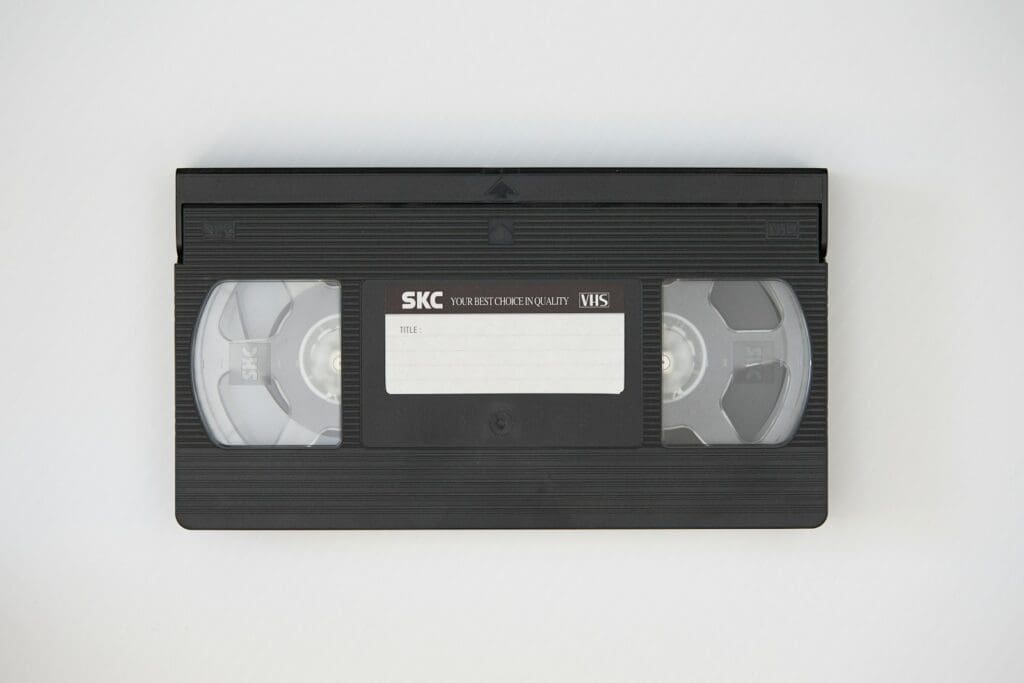
VCR repair technicians were in high demand during the 1980s and 1990s when VCRs were a staple in most households. These skilled professionals fixed tape-eating machines and adjusted tracking for clearer playback. However, with the rise of DVDs and digital streaming, the need for VCR repair has virtually disappeared, making this once-lucrative career obsolete.
7. Photo Film Developer

Before digital cameras became ubiquitous, photo film developers were essential in processing and printing photographs. These skilled technicians operated complex machines, mixed chemicals, and ensured high-quality prints. With the rise of digital photography and smartphone cameras, the need for film processing has drastically declined, making this once-common job nearly obsolete
6. Cassette Tape Duplicator
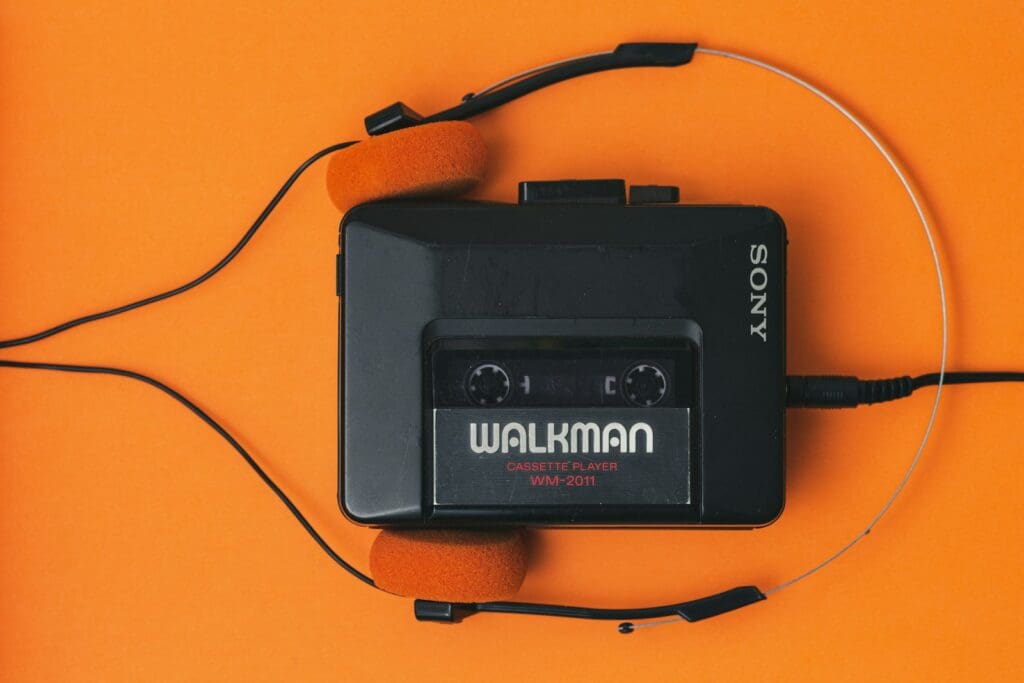
Cassette tape duplicators were essential in the music industry during the 1980s and 1990s. They operated high-speed machines to create copies of master tapes for mass production. However, with the rise of CDs and digital formats, this role became obsolete. Today, only a handful of specialized companies, like National Audio Company in Missouri, still produce cassette tapes for niche markets.
5. Film Projectionist
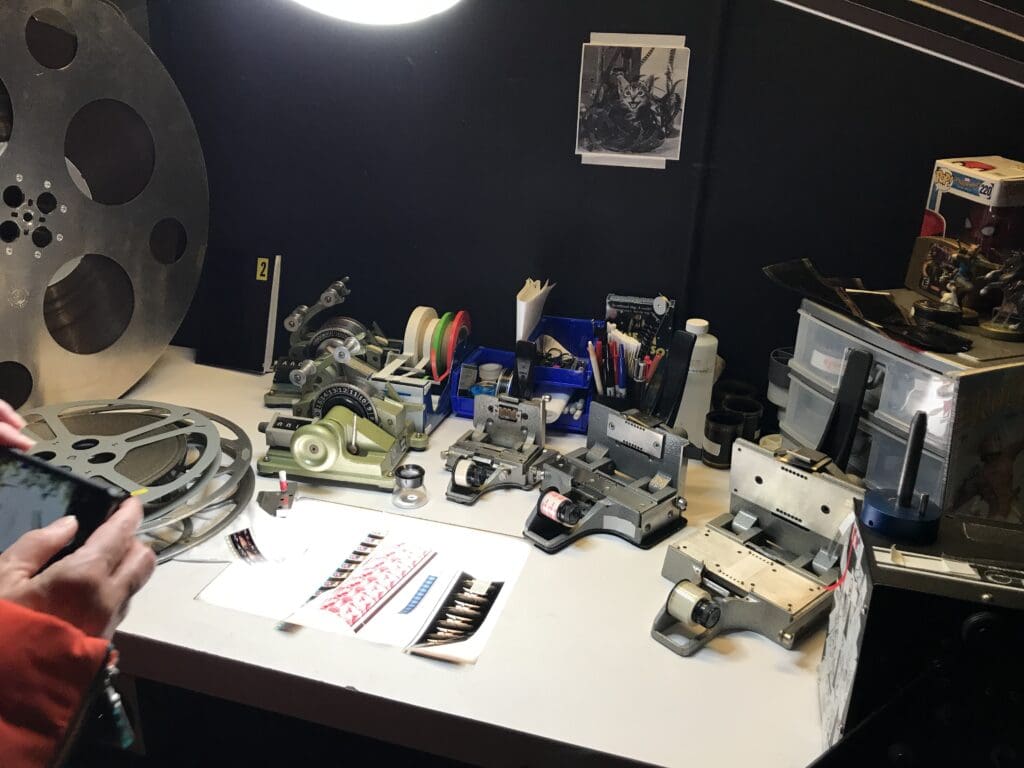
Film projectionists were once essential in movie theaters, operating and maintaining projection equipment for 35mm films. They skillfully changed reels, adjusted focus, and ensured smooth transitions between scenes. With the advent of digital projection in the 2000s, this role has largely become obsolete, replaced by automated systems requiring minimal human intervention.
4. Telephone Operator
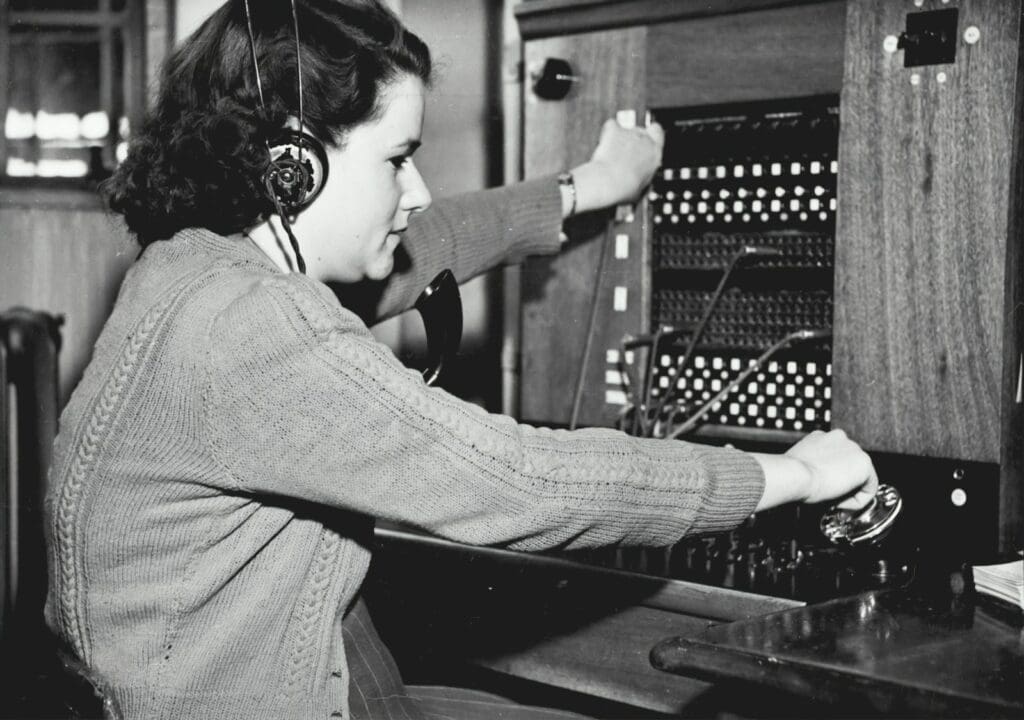
Telephone operators were once essential for connecting calls and providing directory assistance. They manually plugged in cables to connect callers and offered personalized service. With the advent of automated systems and digital technology, this profession has largely disappeared. Today, most calls are connected automatically, and voice recognition systems handle many operator functions.
3. Typesetter

Typesetters were skilled professionals who arranged text and images for printing using specialized equipment. In the 1980s, they used phototypesetting machines with limited memory to create galleys of type. The advent of desktop publishing in the late 1980s and early 1990s led to the rapid decline of this profession, as computers made typesetting accessible to a wider range of users.
Read More: 15 Ways to Spot Misinformation on the Internet
2. Travel Agent

While travel agents still exist, their role has drastically changed since the 1980s and 1990s. Back then, agents were essential for booking flights, hotels, and vacation packages. With the rise of online booking platforms and direct airline websites, the traditional travel agent profession has largely become obsolete for everyday travelers.
Read More: Bill Gates Made 15 Major Predictions in 1999 That All Came True
1. Video Store Clerk
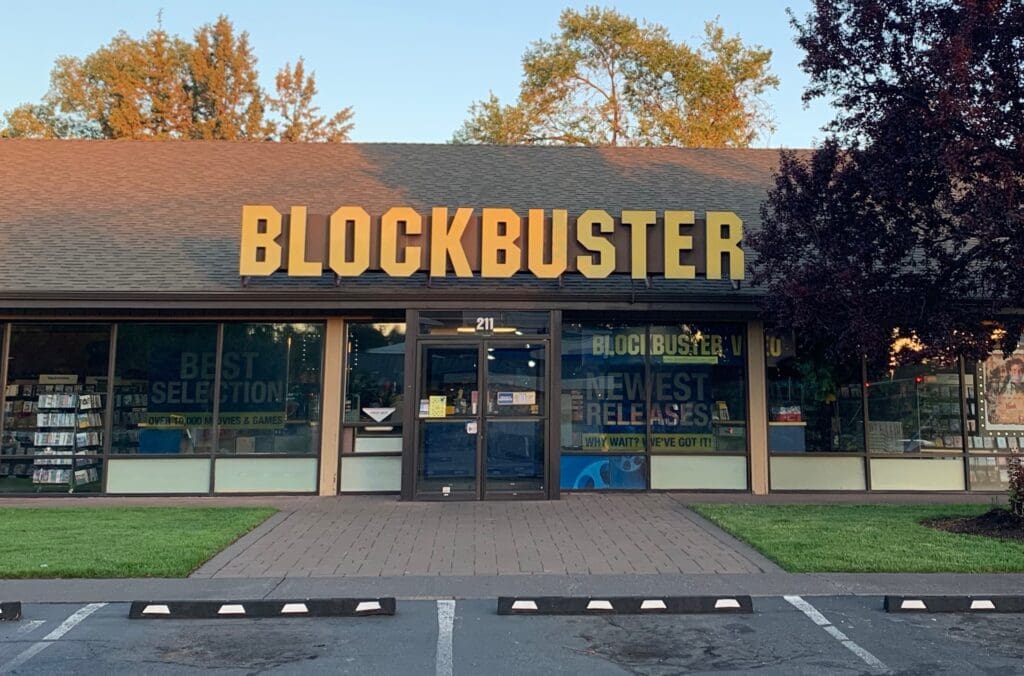
Video store clerks were once ubiquitous, recommending movies and managing rentals. With the rise of streaming services, these jobs have virtually disappeared. The last major chain, Blockbuster, closed in 2014, leaving only one store remaining in Bend, Oregon. Today, Netflix and other platforms have rendered this nostalgic profession obsolete.
Read More: 10 Hilariously Outdated 1990s Tech



